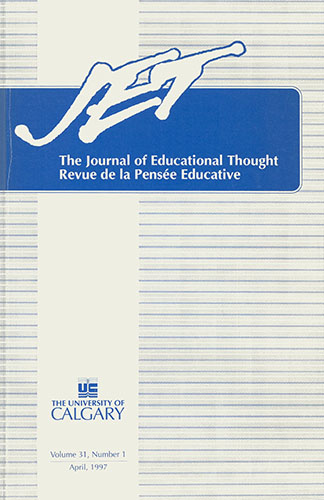The Events of the Past Find Meaning in the Reality of the Present
DOI:
https://doi.org/10.55016/ojs/jet.v31i1.52451Abstract
Because democracy, by definition, implies choice, the dilemma, option, and choice, should occupy the centre stage: how a given state of affairs posed an alternative of way of dealing with it, that is, the manner of proceeding rather than the outcome should be the centre of interest. This can be done only if the subject matter of history is presented in terms of conflict: a plurality of conflicting opinions, conflicting values, and conflicting interests. The knowledge about the conflict within the elite is potentially democratic because people who know the nature of it can involve themselves in politics or communication, even when they are not politicians themselves. The aim of knowing what is really on the national agenda is not to train future leaders but rather to enable the future generation to be spirited citizens, narrowing the gap between rulers and subjects. This article presents the following thesis regarding the teaching of history as the politics of the past.
Downloads
Published
Issue
Section
License
The Journal of Educational Thought retains first publication rights for all articles. The Journal grants reproduction rights for noncommercial educational purposes with the provision that full acknowledgement of the work’s source be noted on each copy. The Journal will redirect to the appropriate authors any inquiries for further commercial publication of individual articles. All authors wishing to publish in JET will be asked to fill in and sign a Consent to Publish and Transfer of Copyright agreement.
Authors must affirm that any submission to JET has not been and will not be published or submitted elsewhere while under considration by JET.

